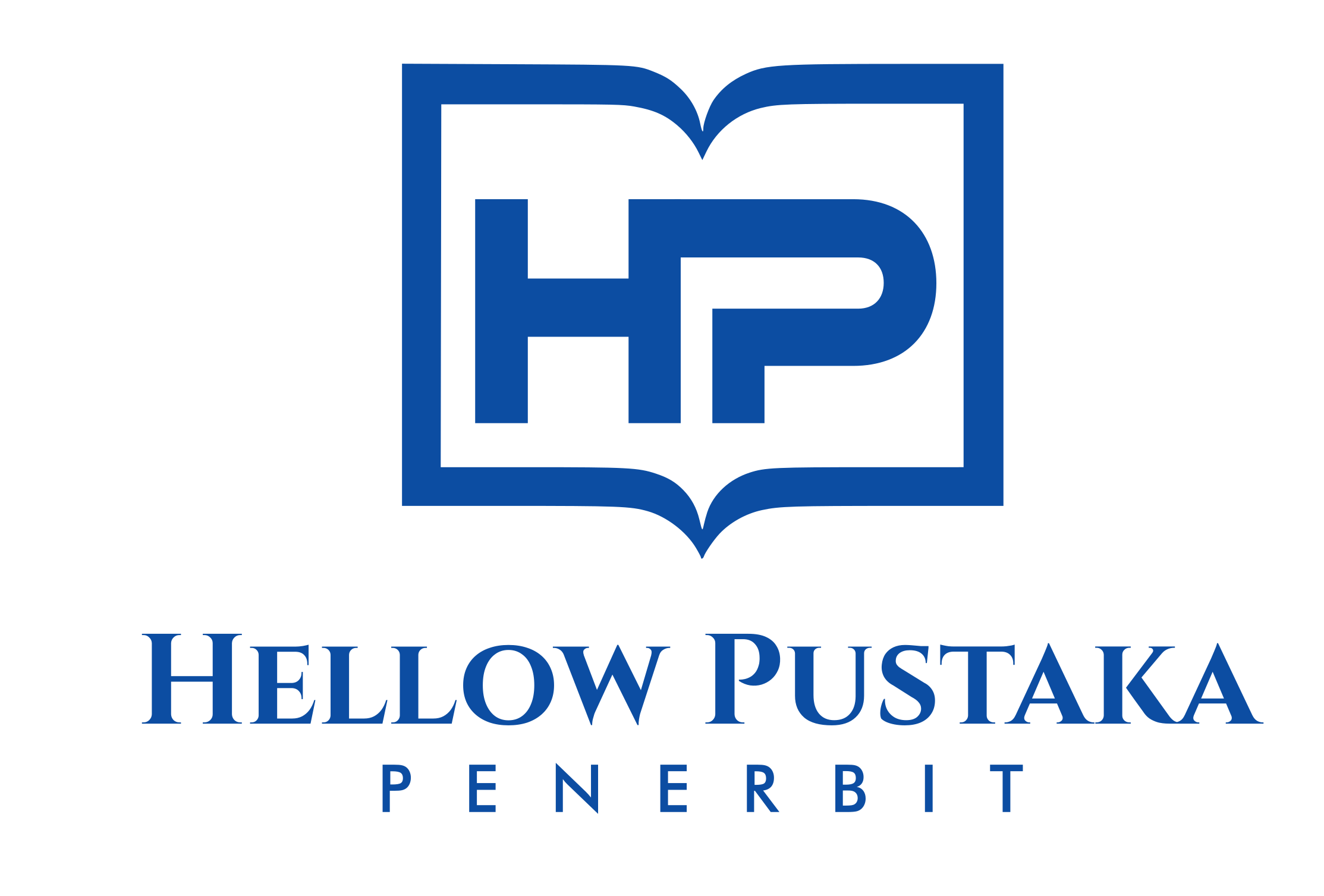The Effect of Student Learning Outcomes Using A Tutorial Model With A Group Investigation (GI) Type Cooperative Model On The Ecosystem Concept In State High School
DOI:
https://doi.org/10.61166/elm.v1i2.36Keywords:
Learning Model, Tutorial, Cooperative, Group Investigation, Learning OutcomesAbstract
Success in the learning system is determined by several factors including teachers, students, learning models, media, and learning facilities. One of the learning models that is considered appropriate and can create new learning conditions is the tutorial model and the cooperative group investigation (GI) model. In general, this study aims to determine the influence of the two models above on student learning outcomes on the concept of ecosystem. Respondents in this study were students of grades X 5 and 6, which were determined randomly. The type of research used is with a quantitative approach, the method used is an experimental approach. The instrument used as a data collection tool in the form of learning outcomes tests as many as 25 questions out of 30 questions after being tested for validity through validity, reliability, difficulty index, and differentiating power. The test was conducted twice with pre-test and post-test in experimental class 1 and experimental class 2. Based on the results of the study showed that; 1) there is an influence of the tutorial learning model on the ecosystem concept of student learning outcomes, 2) there is an influence of the group investigation (GI) cooperative learning model on the ecosystem concept of student learning outcomes, 3) there are differences in learning activities through the tutorial model and cooperative group investigation (GI). Overall, the tutorial learning model is better and more effective for overcoming student learning activity problems on the ecosystem concept than the group investigation (GI) cooperative learning model
Downloads
References
Hazan, J., Liu, K. Y., Fox, N., & Howard, R. (2023). Advancing Diagnostic Certainty in Alzheimer’s Disease: A Synthesis of the Diagnostic Process. Journal of Alzheimer’s Disease, 94(2), 473–482. https://doi.org/10.3233/JAD-230186
Karmakar, S., Majumder, S. G., & Gangaraju, D. (2023). Causal Inference and Causal Machine Learning with Practical Applications: The paper highlights the concepts of Causal Inference and Causal ML along with different implementation techniques. ACM International Conference Proceeding Series, 324–326. https://doi.org/10.1145/3570991.3571052
Merdekawati, K. (2022). Peer feedback impact on teaching skills. AIP Conference Proceedings, 2645, 113866. https://doi.org/10.1063/5.0113866
Musannadah, I., Octavia, B., & Sulistiyowati, E. (2023). Analysis of potential development of preserved media with bioplastic techniques as a biology learning media in Indonesia. THE 3RD INTERNATIONAL CONFERENCE ON SCIENCE, MATHEMATICS, ENVIRONMENT, AND EDUCATION: Flexibility in Research and Innovation on Science, Mathematics, Environment, and Education for Sustainable Development, 2540, 020018. https://doi.org/10.1063/5.0105765
Nurjaman, I., & Saparlina, I. (2023a). Leadership Style Affects Nursing Quality Improvement: Study Meta-analysis. ORGANIZE: Journal of Economics, Management and Finance, 2(3), 119–134. https://organize.pdfaii.org/index.php/i/article/view/54/18
Nurjaman, I., & Saparlina, I. (2023b). The Relationship between Nurse’s Knowledge Regarding Health Laws and the Performance of Nurses at Intan Husada Hospital Garut. Kohesi: Jurnal Sains Dan Teknologi, 1(4), 50–60. https://ejournal.warunayama.org/index.php/kohesi/article/view/193
Nurjaman, I., Setiawan, A., & Setiawati. (2023). Analisis Faktor-Faktor Yang Berhubungan Dengan Kualitas Mutu Pelayanan Keperawatan di Rumah Sakit Umum Daerah dr. Slamet Garut. Indonesian Nursing Journal of Education and Clinic, 3(4), 183–195. https://ejournal.penerbitjurnal.com/index.php/health/article/view/475
Onan, A. (2023). GTR-GA: Harnessing the power of graph-based neural networks and genetic algorithms for text augmentation. Expert Systems with Applications, 232, 120908. https://doi.org/10.1016/j.eswa.2023.120908
Pramartha, I. N. B., Suharta, I. G. P., Sudiarta, I. G. P., & Astawa, I. W. P. (2023). Implementation of a map-assisted concept of group investigative model to improve student’s abilities of problem solving. AIP Conference Proceedings, 2619, 123386. https://doi.org/10.1063/5.0123386
Puspandari, L. E., & de Haviland Basoeki, O. (2020). The use of mobile device in the application of Education 3.0 to increase students’ English-speaking ability at shipbuilding polytechnic. Asian EFL Journal, 27(2), 247–258.
Rahimi, M., Mortazavi, M., Mianabadi, A., & Debnath, S. (2023). Evaluation of basil (Ocimum basilicum) accessions under different drought conditions based on yield and physio-biochemical traits. BMC Plant Biology, 23(1), 12870. https://doi.org/10.1186/s12870-023-04554-8
Rihatno, T., & Nuraini, S. (2023). Evaluation of Physical and Health Education Online Learning in Elementary Schools: PLS-SEM Approach. International Journal of Information and Education Technology, 13(7), 1156–1168. https://doi.org/10.18178/ijiet.2023.13.7.1917
Saengduenchay, E., & Noenthaisong, K. (2023). Using a Participatory Learning Model to Enhance Mobile App Design and Development Skills with Glide Platform. International Journal of Information and Education Technology, 13(6), 1009–1013. https://doi.org/10.18178/ijiet.2023.13.6.1899
Schulze, M. P. (2023). Embedding offshore campuses in skill formation in Singapore: From ‘globalising’ domestic higher education to ‘localising’ foreign universities. Geoforum, 144, 103804. https://doi.org/10.1016/j.geoforum.2023.103804
Soeprijanto, Hanifati, S. N., Daryanto, & Jarudin. (2023). The Influence of Instructional Models and Innovation Ability on Learning Outcomes of Alternative Energy Courses. International Journal of Membrane Science and Technology, 10(2), 542–549. https://doi.org/10.15379/ijmst.v10i2.1264
Trujillo, N. R. (2009). Asesoramiento en Aula: Hacia un modelo de mejora profesional de docentes Guidance in the classroom: towards a model to improve teaching standards. 30, 135–160.
Zhang, H., Mervin, R., & Mohammed, B. S. (2021). Core competence-based English major practical teaching system. Aggression and Violent Behavior, 101683. https://doi.org/10.1016/j.avb.2021.101683
Downloads
Published
How to Cite
Issue
Section
License
Copyright (c) 2023 Ina Saparlina, Iman Nurjaman

This work is licensed under a Creative Commons Attribution 4.0 International License.







